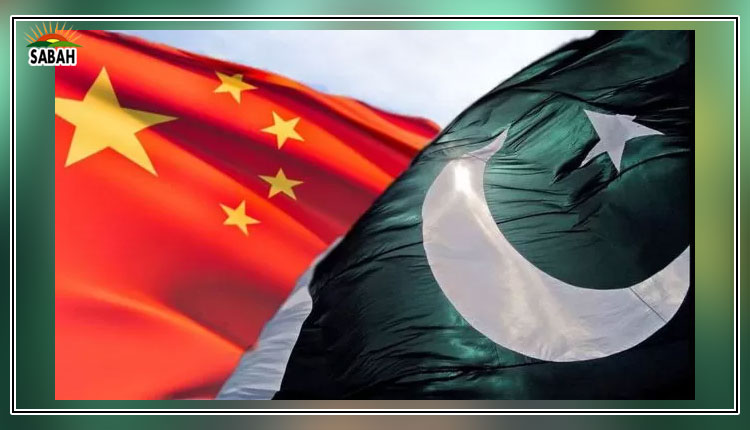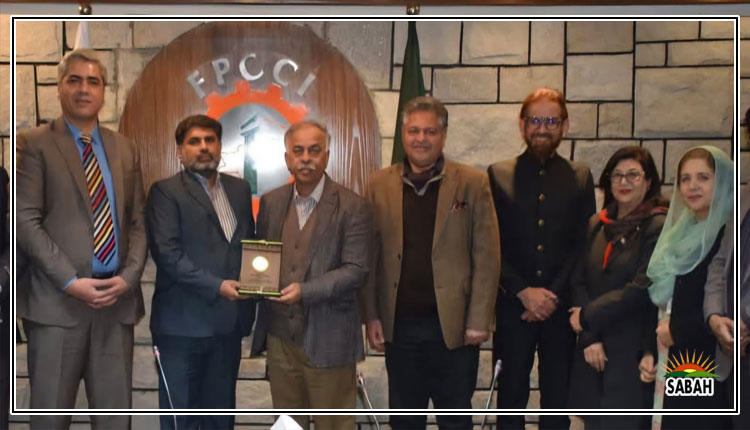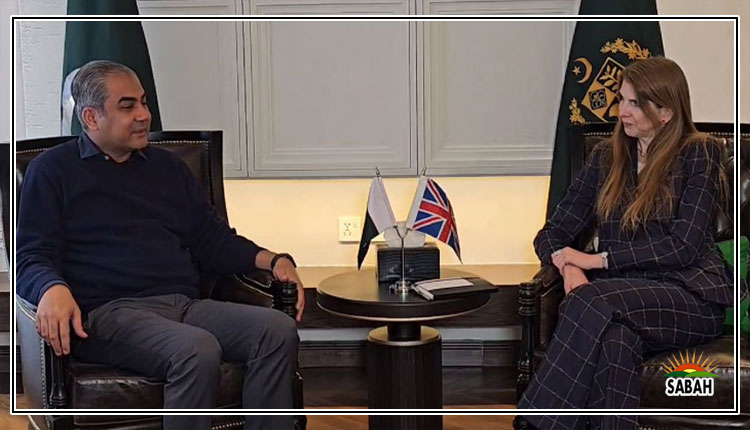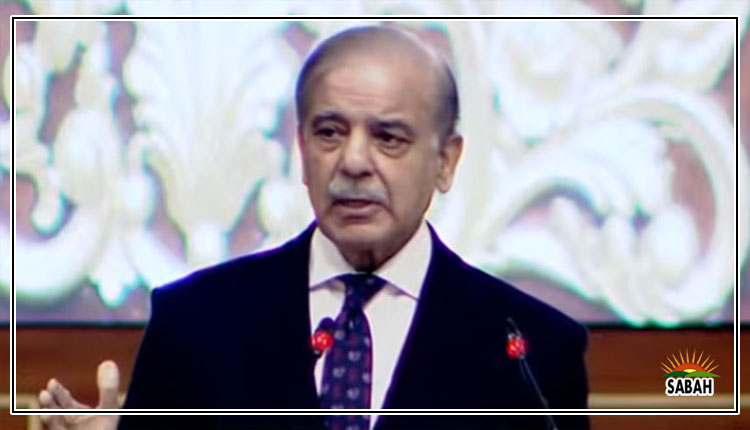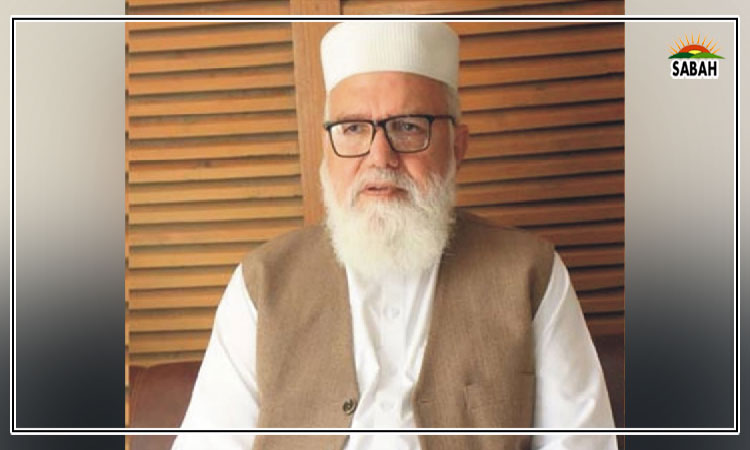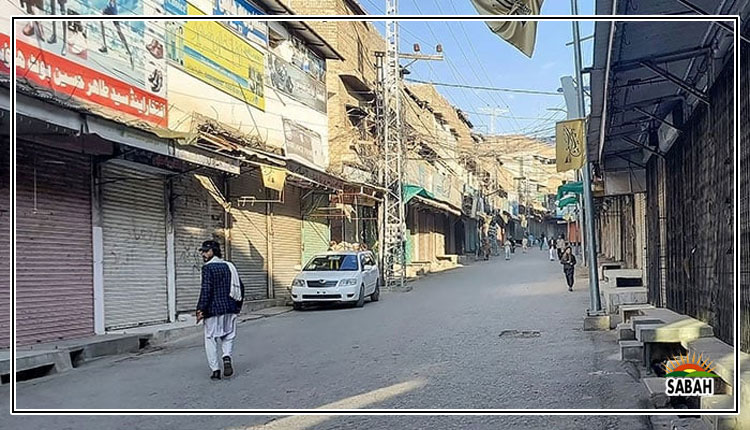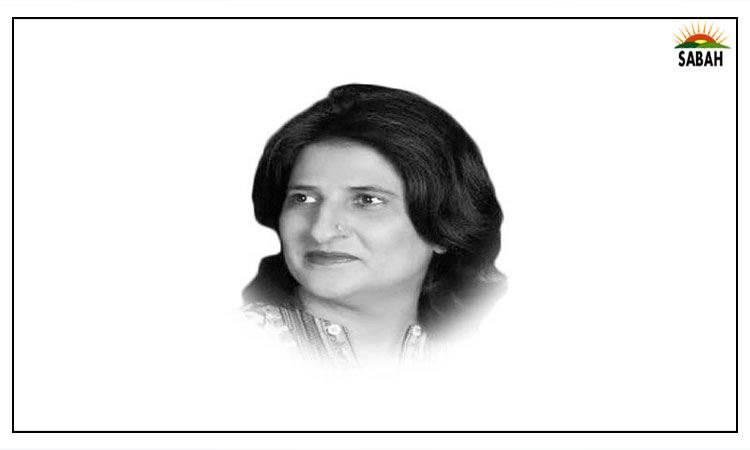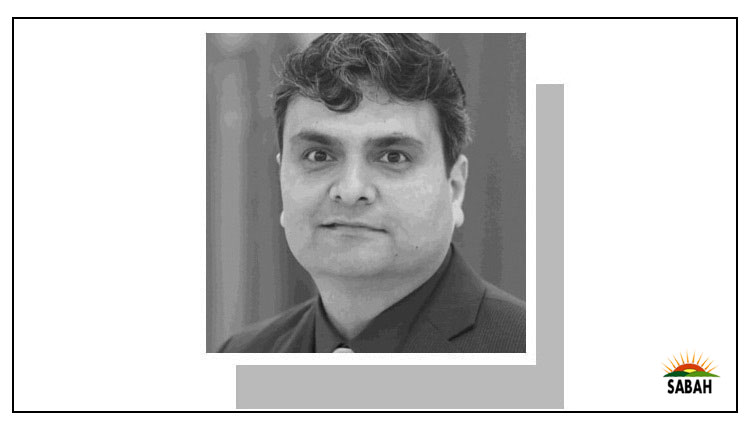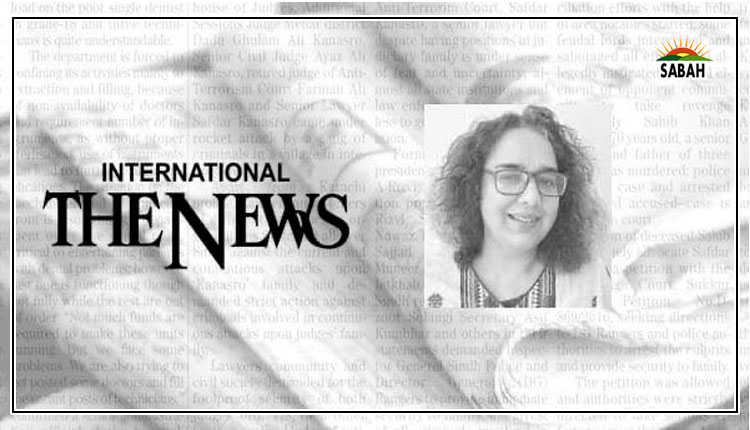The reforms industry…Foqia Sadiq Khan
In Pakistan since the coalition government has got some space, there is a whole reforms industry that has crept up. Some of this sentiment is quite genuine as Pakistan has been delaying structural reforms of its economy for a long time. However, the kind of narrative coming out on political reforms appears to be quite rhetorical.
Some propose replacing the existing parliamentary form of democracy with a presidential system, while others point out that there should be proportional representation instead of the present first-past-the-post system. Some also state that mainstream political parties are being run as fiefdoms and monarchies, and they should be organized along ideological lines. A few sensible suggestions are also made like implementing a cap on campaign financing etc.
My counter-question to all those coming out of their nooks and corners with political reforms ideas is whether they have reviewed developments in our Subcontinent with an analytical mind? I am not suggesting to compare Pakistan with the West, China, Southeast Asia, Cuba or any developing countries in the world. I am merely suggesting viewing Pakistan in the comparative prism of India and Bangladesh the other two countries in the Subcontinent, our very immediate and natural regional competitors.
India has turned into a Hindu majoritarian country where discrimination against minorities is being embedded in the very fabric of state and society; Pakistan too has suffered similar crises. The BJPs divisive rule is largely being bankrolled by Big Business which is also the immediate beneficiaries of the regime. Yet, Indias foreign currency reserves were over $566 billion a few days ago according to Reuters. Bangladeshs foreign exchange reserves were over $28 billion in January 2023 according to CEIC Data. Compare it with Pakistans close to $4 billion foreign exchange reserves presently.
Both India and Bangladesh are parliamentary democracies with a first-past-the-post system, and both countries have high corruption. A lot of politicians in these two countries are facing court cases just like in Pakistan. So why does the parliamentary system work quite well for our natural regional partners, and not for us?
The quality of politicians is neither better nor worse all over the South Asian region. My message to the reforms lobby is that if you really want to turn things around in Pakistan, then stop coming up with lousy conjectures with every passing day and look at what it is that really puts the Pakistani state apart from India and Bangladesh. It is neither the presidential system nor proportional representation and nor any of other half-baked reforms narrative being sprouted. The explanation lies elsewhere and be honest enough to sift wheat from chaff.
Pakistans history has shown that a performance-based parliamentary democracy system works best for the country. We are a multi-lingual, multi-ethnic, multi- regional country. Whenever the country has drifted away from the parliamentary system either in terms of the presidential system or in other authoritarian forms, Pakistan had to pay a big political price for such deviations. So the parliamentary system is indeed the glue that holds the country together and it should not be questioned by anyone trying to undermine the country under the pretext of so-called reforms.
However, politicians also need to show performance and win elections on the basis of their performance. In the past, the PML-N did quite well in Punjab from 2008 to 2018 in terms of its service delivery. However, the PPP in Sindh is still considered a party that has not performed in service delivery in the province despite being in power from 2008 to present. Voters in rural Sindh have been voting for the PPP because they do not see an alternative to a Sindh-based national party other than the PPP, apart from other historical reasons. Yet, if the PPP continues to perform low on service delivery in Sindh, voters in Sindh will soon look elsewhere to someone who delivers for them.
As far as proportional representation is concerned, it is indeed a fair way to reflect voters preferences, and the power of smaller parties increases through this system. However, due to an increased role of smaller parties, proportional representation also institutes much more vulnerable coalitions as smaller parties can change their coalition preferences quite easily. In a country like Pakistan where we desperately need political stability and need political governments and prime ministers to complete their terms proportional representation may not work too well.
The other argument is that our political parties are being run as personal fiefdoms, dynasties, or monarchies and whether it can be fixed by having parties organized along ideological lines. The PTI started as an ideological party in Pakistan pumped by the anti-corruption agenda, and it also proclaimed to be non-dynastic. But the party works as much a personal fiefdom and monarchy as any other political party. It just shows that ideology is a lousy explanation.
Political leaders have an overwhelming role in political parties due to structural reasons. Other countries went through capitalist transformation for hundreds of years and their structures are different; Pakistan is on a different structural trajectory. The BJP is no real comparison. It is also a populist party based on a cult following, despite some historical differences.
One good suggestion to come out of this political reforms narrative is to focus on the campaign finance cap to cut out the role of big money in hijacking the electoral process. The Election Commission of Pakistan (ECP) already has campaign finance monitoring guidelines that are often not implemented during elections. One way to counter is to institute a demand side corrective mechanism.
The ECP should stop the executive from disbursing development funds to MNAs and MPAs through its election laws just as it used to be in the pre-1980s period in Pakistan. MNAs and MPAs should only be elected for legislation and executive oversight. All developmental work should be carried out by local governments in collaboration with the provincial and local government bureaucracy.
When MNAs and MPAs development funds discretion will be eliminated, the role of big money in the national and provincial assemblies elections will automatically decrease substantially.
Pakistan should follow the maxim if it aint broke, dont fix it. There is no need for a flurry of reforms lobby activities, at least for political reforms. Experts should only suggest changes that are meaningful and in accordance with the socio-political and economic structures of Pakistan and the Subcontinent; they must not go for rhetoric for the sake of popularity.
Courtesy The News


